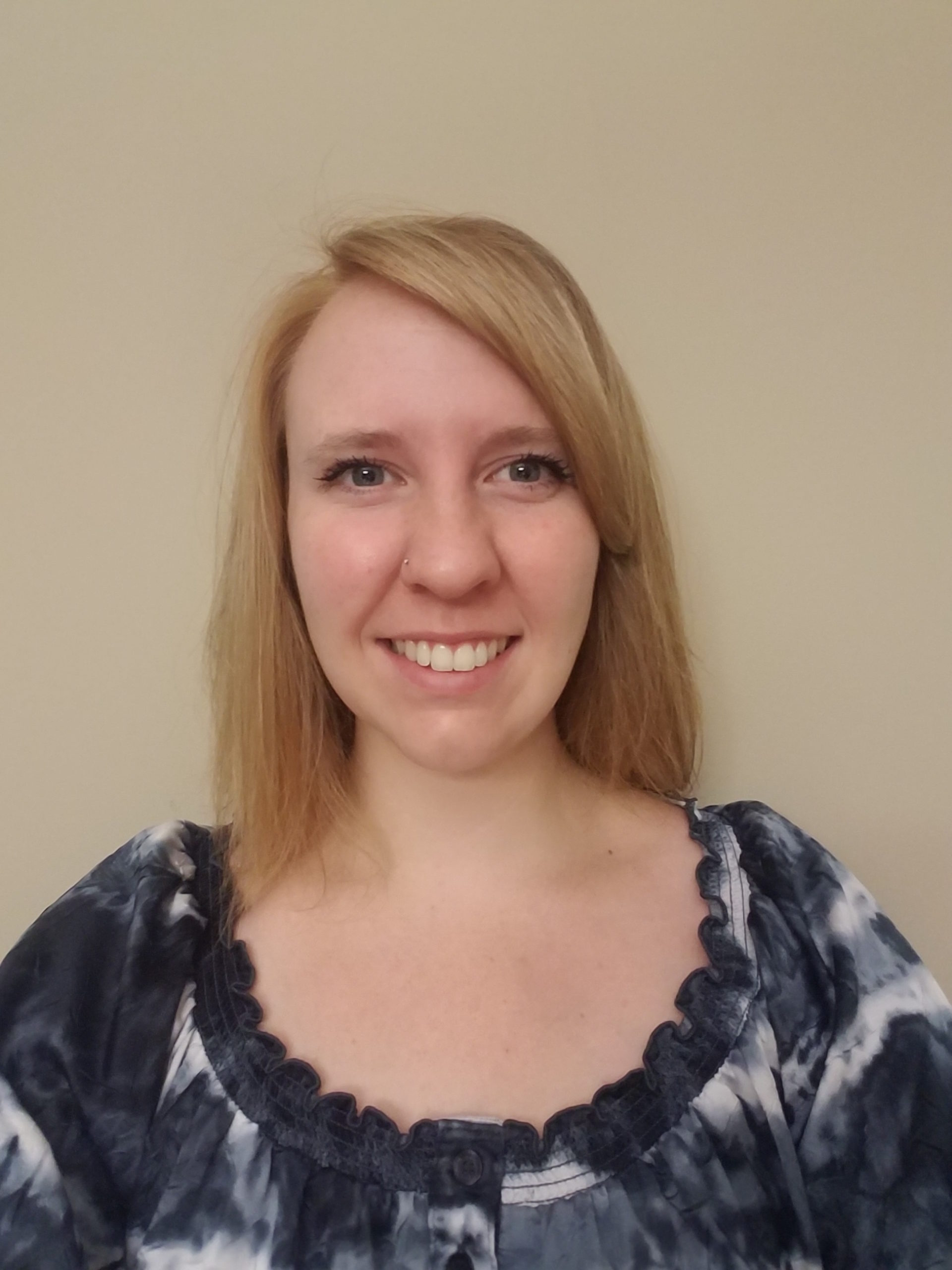
Employee Spotlight: Stefanee Lambert, Clinical Administrator
Stefanee Lambert began her career at Grafton in 2016 as a therapist. In October 2019, she transitioned into the role of Clinical Administrator for the Richmond location. Today, she also serves as an Ukeru® trainer, working to implement positive behavior management approaches with Grafton clients and staff. She holds an undergraduate degree in psychology, with an emphasis on child psychology, and a graduate degree in clinical social work.
Why did you want to work in behavioral healthcare?
In high school, I realized I liked the idea of psychology, in part because of experiences I encountered with a peer with mental health challenges. When I got to college, I explored the mental health realm and ended up tutoring at-risk children and youth that presented with a lot of behavioral concerns. I really enjoyed being able to help provide them with behavioral supports and to see the progress they made, from something simple – like doing, and gradually completing, more of their homework – to changes in their overall mental health.
Later, when I read a Grafton job description about working with children with mental health needs using behavioral health approaches – and it involved a school setting and a residential piece – it fit the bill. I applied only to this one job and got it. It felt right; it felt like it was meant to be.
What makes Grafton a special place to work?
I think the fact that the programs cover both education and residential, and that we’re willing to try to work with any mental health and behavioral health concern that comes to our door, as long as we feel we can have a positive impact on that kid. We try our best to meet all of their needs, regardless of their challenges. Plus, the team aspect of everybody in different areas of discipline working as one team to try to help each kid is really beneficial. We love and care about the kids for who they are, and we have a strong clinical team surrounding them and working together in one location.
What makes Grafton’s approach person-centered?
The fact that we acknowledge that each kid is different, and we train our staff to understand all of the different complexities that can come from experiencing trauma, in addition to having diagnoses in mental health and social challenges. I think the fact that we talk about it upfront, and don’t try to hide that we’re working with challenging kids who need additional supports, contributes to a person-centered approach.
What does using a trauma-informed approach mean to you, and how has that affected your work?
The trauma-informed approach is one of my favorite things about Grafton. It is a belief that even the most challenging cases can be supported and helped with positive behavior management and an understanding of how past experiences can effect present behaviors and thoughts. Grafton challenges its clinical staff and teachers to think about positive ways to help each kid without using consequence-based and punishment-based procedures to get results. We also believe in the inherent strengths of the child and the fact that all children want to be and do well.
Why did you become an Ukeru trainer?
I started Ukeru training before I switched into the role of Clinical Administrator. I wanted to offer support to the kids, and I wanted to figure out how I could help spread the word about Comfort versus Control®. I also really enjoy helping staff think through challenging cases by using positive reframing.
Do you find that kids respond to the Ukeru approach?
Kids absolutely respond, especially over time. In the long run it benefits their emotional wellbeing and self-worth, as well as their understanding that they are a child first, and their behaviors come second. The behavior is what we’re working on, but the child is who we want to strengthen and value.
What would you say to a family considering Grafton for their child?
If they’re looking for a place that will be highlighting their kids strengths from a positive perspective, and trying to support them in a way that’s probably not traditional — in the sense that we’re not going to be intervening physically in a crisis, but letting the kid learn and grow in a positive and caring environment — then they should absolutely have their kid come here. Our staff are passionate about caring for these kids and building relationships, which is so important.